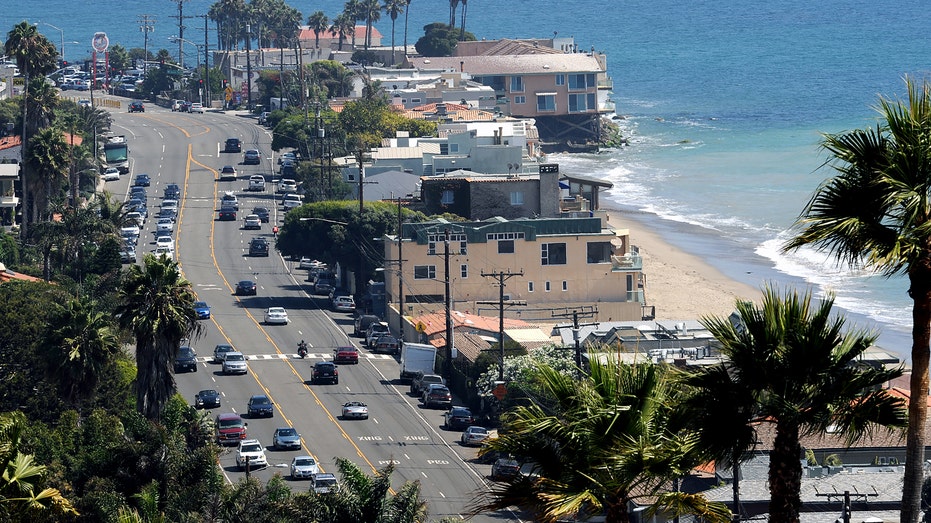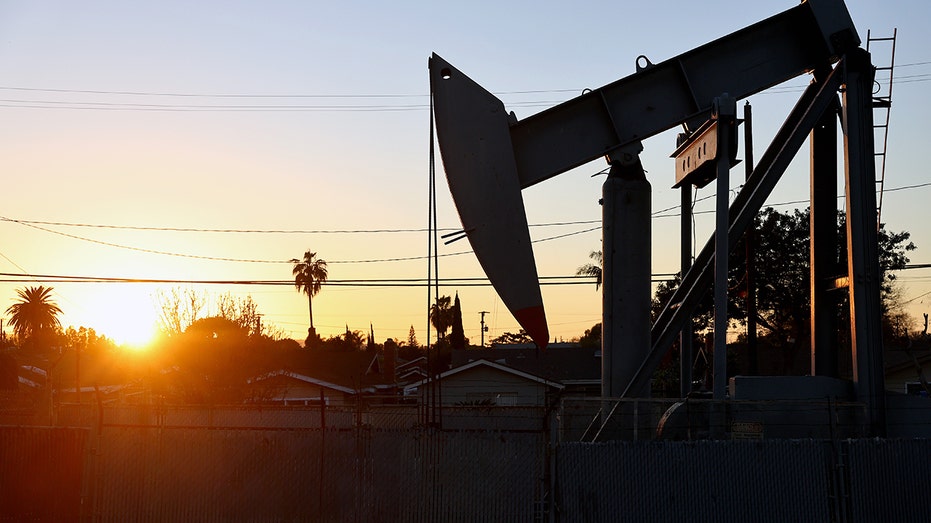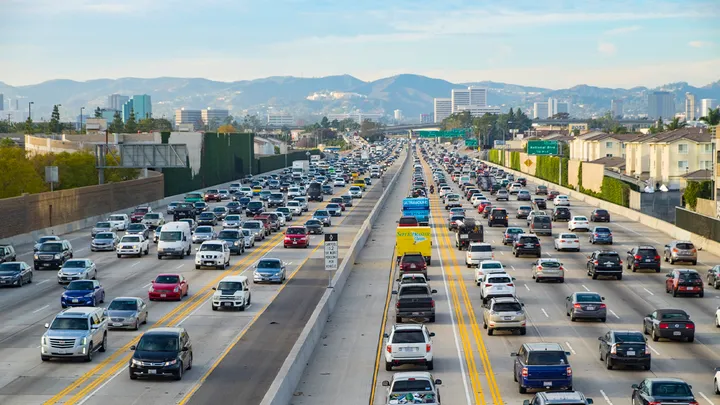(Fox News) States are seeking out ways to recoup losses from lost gas tax revenue.
California, which relies on gas tax and other fuel tax revenues to support its roadway maintenance, is piloting the idea of a “road charge,” which would charge drivers based on the number of miles they drive rather than how much gas they purchase. The pilot program was initiated due to the fact that the collection of gas tax revenue is estimated to decrease in the coming years, according to the California State Transportation Agency (CalSTA).
CalSTA officials told FOX Business that a bill, signed in 2021, established the pilot program to test the potential feasibility of alternative ways they can pay to maintain the state’s roads, which the agency said could even “show a net savings for some motorists under certain circumstances.”
Participation in the program is completely optional, though participants can earn up to $400 in incentives for helping the agency test this system. Participants will experience paying different road charge rates, and in turn provide feedback to the state about their experience, according to the agency. To report their mileage, they will be able to choose between manual odometer entry, an onboard plug-in device with or without GPS, or in-vehicle telematics without GPS.
The state has been exploring alternative revenue after the enactment of the state Senate Bill 1077 in 2014, which determined that it was “important for the state to begin to explore alternative revenue sources that may be implemented in lieu of the antiquated gas tax structure now in place,” according to the California Department of Transportation, otherwise known as Caltrans.

Multimillion-dollar homes line the Pacific Coast Highway, which can limit the amount of public access to certain beaches, April 13, 2002, in Malibu, California. (Getty Images / Bob Riha Jr. / Getty Images)
With less reliance on gasoline and diesel vehicles, “California will be challenged to sustain its $2.5 trillion economy,” Caltans wrote in a 2017 summary.
Price Futures Group senior market analyst Phil Flynn told FOX Business that “one of the best-kept secrets of many Washington and local politicians is the importance of gasoline taxes on the federal and local economy,” he said.
If that’s taken away, states are going to find other ways to recoup the costs, said Flynn, who is also a FOX Business contributor.
President Biden set his sights on achieving 50% of all new vehicle sales being electric by 2030 by, in part, lowering the cost of vehicles and increasing the EV charging infrastructure. Since Biden took office, electic vehicle sales have more than quadrupled, with more than 4 and a half million EVs on the road, the Biden administration said in January.
But even now, as the percentage of electric cars isn’t that high, states are “already feeling the pinch,” Flynn said.
For instance, Flynn said California is obviously taking the biggest hit because it has the most registered vehicles. Even though it’s a small percentage, it’s really hurting California, and it’s part of the reason why the state saw “their budget surplus magically disappear,” he said.

An oil pumpjack is shown in Long Beach, California. (Mario Tama / File / Getty Images)
He argued that “when you have an administration that is working to replace the oil and gas industry in favor of an industry that needs handouts, you better find a way to replace the tax revenue that the oil and gas industry provide,” he continued.
He also pointed out how much the U.S. oil industry “stimulates the U.S. economy.”






